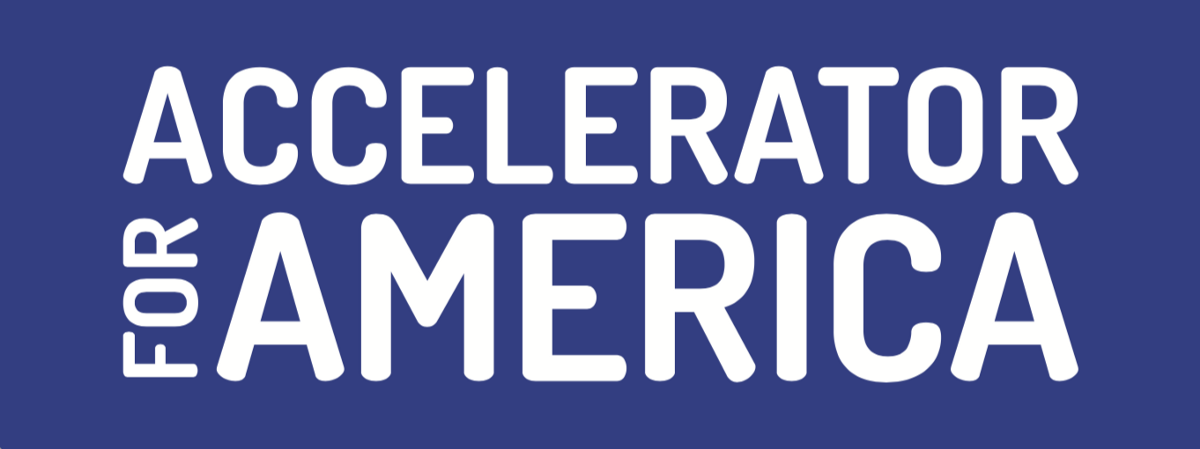Sharing Insights from the Data for Housing Solutions Cohort
We’ve all heard the old saying “information is power.” A recent Accelerator for America (AFA) convening of our “Data for Housing Solutions” cities explored the correlation between corporate and institutional ownership of rental properties and its effect on markets and affordability. With moderation from AFA’s Director of Economic Development Anne Bovaird Nevins, attendees heard presentations from Benjamin Preis, Ph.D, a research fellow with Drexel University’s Nowak Metro Finance Lab who leads its Housing Policy Futures initiative; Chattanooga’s Director of Housing Policy, Sydney Shivers; and Oklahoma City Chief Innovation Officer Dr. Kelly Williams.
The session also included Andrew Kieve of Tolemi, a government technology firm that is working with this cohort of 17 cities across the country through AFA to provide them with information and data insights to help level the playing field for city leaders responsible for housing policy and implementation.
Drexel’s Benjamin Preis pointed out that ownership within rental markets has increasingly concentrated over the last two decades, and that larger landlords have much more extensive insights into rental markets than “mom and pop” landlords or prospective tenants. He went on to say that his research found that higher levels of ownership concentration are correlated with higher rents.
City leaders are eager to design and deploy policy solutions to address America’s housing crisis. But they are often constrained by a lack of insights into who owns rental properties in their jurisdictions, owing in part to the opaque corporate structure of many large landlords. Without an understanding of where ownership is concentrated in a select few large firms or where smaller, local landlords persist, it is difficult to tailor policies to specific neighborhood conditions.
Cities must get granular with their data, Preis said, because landlords and tenants operate hyper locally – renters tend not to look for a home across an entire city, but rather within a particular neighborhood, a zip code, or an elementary school attendance area. It is within these smaller areas where concentration of ownership may be highest and most felt.
In Chattanooga, TN, where they are using Tolemi’s data tools, the city’s Sydney Shivers, said they are using insights into property ownership combined with other factors to think about policy solutions in a jurisdiction banned by state law from having a detailed rental registry. Chattanooga officials are also looking to the data to help them identify where to make investments from their own land bank and on how to better inventory and analyze the city’s existing portfolio of properties.
“We have a few areas in the city with high rental ownership concentration…[one of which] happens to be adjacent to a new stadium project,” she said of the insights the city has gleaned so far using Tolemi’s BuildingBlocks tool. “That information is really helpful in thinking through, who really controls the rental market and, of course, where.”
Oklahoma City’s Kelly Williams highlighted the flexibility of Tolemi’s BuildingBlocks tool, noting that OKC is using it to go beyond affordable housing policy to apply equity measures to local infrastructure investments. The tool is allowing them to incorporate economic, demographic and other human-centered data in addition to traditional physical condition scores.
“Our list of needed infrastructure improvements is larger than what we can throw money at so we are having to prioritize those projects,” she said, noting that Tolemi’s data insights are allowing equity to be part of that process.
Accelerator for America, along with our research partners at the Drexel University Nowak Metro Finance Lab, have been publishing important information on the shifting landscape of property ownership in our cities and the detrimental impact on both housing affordable and ownership. Our 2023 publication We Buy Houses, You Lost Out goes into more detail about the phenomenon and links to additional news you can use as a city leader.
For more information on AFA’s Data for Housing Solutions initiative, visit our website.


